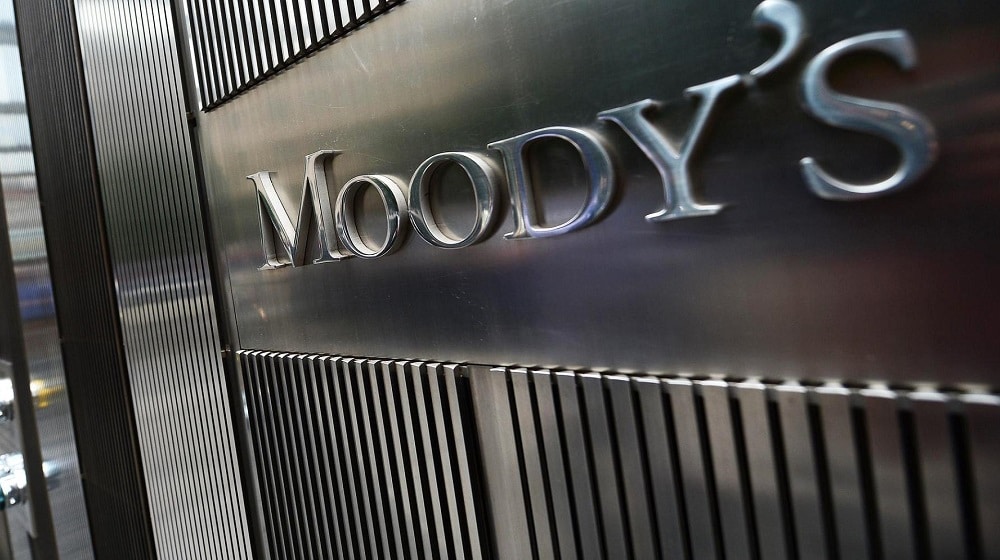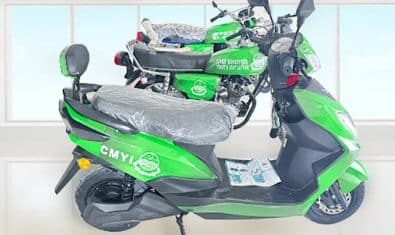Moody’s Japan K.K. has downgraded to A1 from Aa3 the long-term ratings of Toyota Motor Corporation (Toyota) and its captive finance subsidiaries.
The ratings have also been placed on review for further downgrade. Prime-1 commercial paper ratings of Toyota and its captive finance subsidiaries are also placed on review for downgrade.
At the same time, Toyota Financial Services (South Africa) Ltd.’s (P)A1 global scale rating is being reviewed for a downgrade.
The long-term ratings of Honda Motor Co., Ltd. (Honda) and its captive finance subsidiaries have been downgraded to A3 from A2. Moody’s has also downgraded Honda and its captive finance subsidiaries’ commercial paper ratings to Prime-2 from Prime-1. The ratings have also been placed on review for further downgrade.
Long-term ratings of Nissan Motor Co., Ltd. (Nissan) have gone down to Baa3 from Baa1. The ratings have also been placed on review for further downgrade.
Lastly, the credit rating agency has downgraded Yamaha Motor Company Limited’s (Yamaha) issuer rating to Baa1 from A3. The rating has also been placed on review for further downgrade.
Toyota, Honda and Nissan’s outlooks have changed to under review from negative. Yamaha’s outlook has changed to under review from stable.
The rapid and widening spread of the coronavirus outbreak, deteriorating global economic outlook, falling oil prices, and asset price declines are creating a severe and extensive credit shock across many sectors, regions, and markets. The combined credit effects of these developments are unprecedented.
The automotive sector has been one of the sectors most significantly affected by the shock given its sensitivity to consumer demand and sentiment.
More specifically, weaknesses in the Japanese automotive and motorcycle manufacturers’ credit profiles, including their exposure to pronounced cyclical downturns and changing consumer demand, have left them vulnerable to shifts in market sentiment in these unprecedented operating conditions, and the companies remain vulnerable to the outbreak continuing to spread.
Moody’s regards the coronavirus outbreak as a social risk under its ESG framework, given the substantial implications for public health and safety. These actions reflect the impact on the Japanese automotive and motorcycle manufacturers of the breadth and severity of the shock, and the broad deterioration in credit quality it has triggered.
Toyota
The one-notch downgrade of Toyota’s long-term ratings takes into consideration the demand volatility that the company is currently facing and its limited resilience to economic cycles, which restrain its ratings from being above the sovereign rating of Japan (A1 stable), where its central operation resides.
Relative to the other global automakers, Toyota has been recording high profitability with around 9% of EBITA margin and robust liquidity. Still, Moody’s expects Toyota’s unit sales to decline given the spread of the coronavirus, straining its future cash flow and profitability. Such volatility constrains the company’s credit quality, despite its global presence and geographic diversification.
Honda
The one-notch downgrade of Honda’s ratings reflects the company’s already weak profitability in its core automotive business, which recorded less than 2% of operating margin in fiscal 2018 ended in March 2019, prior to the coronavirus outbreak. The company’s motorcycle business, which recorded a high operating margin of around 13% in fiscal 2018, provided support to overall profit and margins.
However, given the motorcycle business’ reliance on emerging markets, Honda’s margins would deteriorate as the coronavirus outbreak spreads and weakens demand in the volatile emerging economies.
Nissan
The two-notch downgrade of Nissan’s ratings reflects the company’s weak unit sales and profitability, as it attempts to refresh old models and rebuild its brand strength, which could be prolonged with the decline in global demand and plant operations.
Nissan will likely record negative free cash flow in fiscal 2019 ending in March 2020. Moody’s expects that Nissan can maintain sufficient near-term liquidity for its automotive segment, but a sustained negative free cash flow would erode its liquidity. Nissan also faces challenges from stabilizing its relationship with Renault S.A. (Ba1 review for downgrade) under the new management team.
Yamaha
The one-notch downgrade of Yamaha’s rating reflects the significant volatility inherent in its major products, such as engines for sports and luxury boats and motorcycles in emerging markets, which are susceptible to economic downturns.
The marine segment that manufactures boat engines contributed to over 50% of its consolidated operating profit in 2019. Emerging markets for motorcycle business comprised substantially all of Yamaha’s land mobility segment’s operating profits, which accounted for 36% of consolidated operating profit in 2019.



























